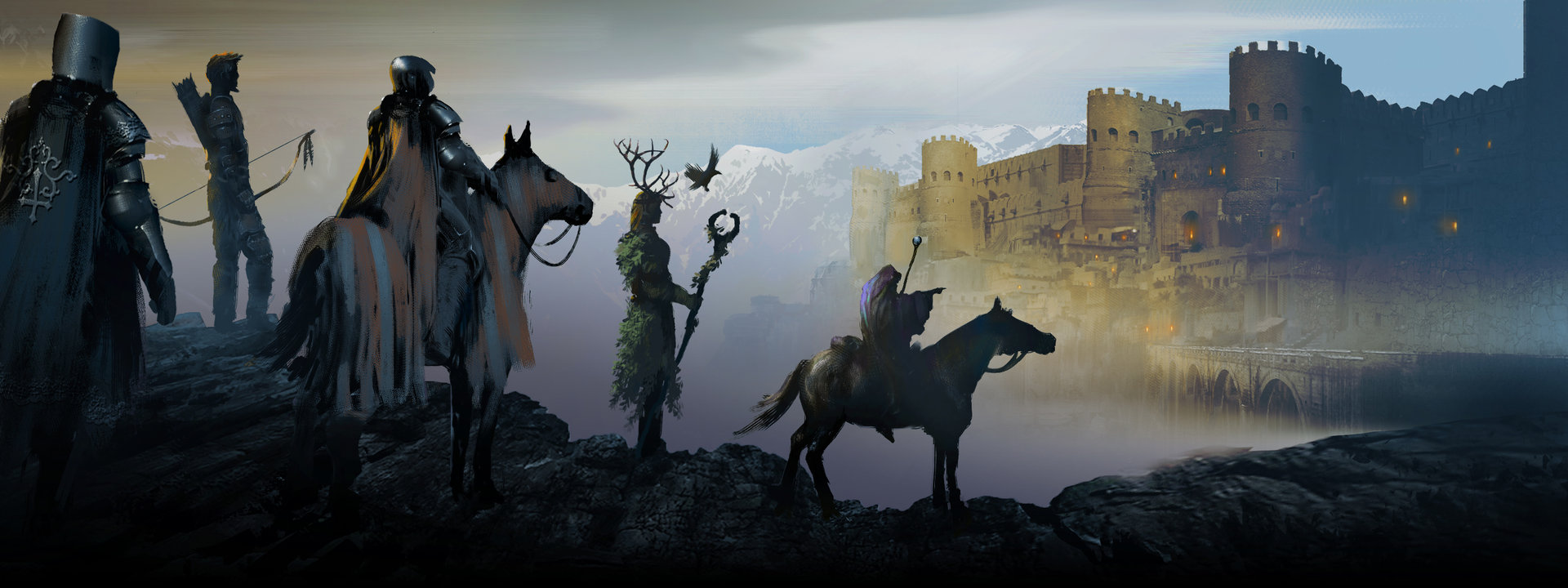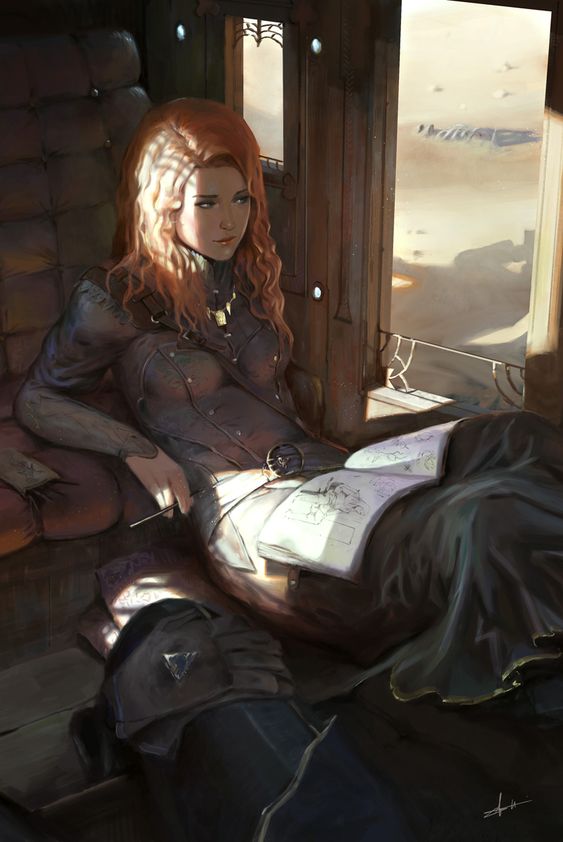Homebrew Additional House Rules
Home Brew Core Rules: at a glance
28
HEALING, Stabilizing
Healing kits may be spent to stabilize w/out rolling Med Check. Conversely, successful Med Check Roll (cost 1 action) stabilizes w/out spending Healing Kit. No additional benefit for using both. Just one or the other.
Long and Short Rests
Only 3 Rests/Day allowed (for restorative purposes).
If none are LONG, after 3 days add +1 Exhaustion Level/hour until Long or Short Rest.
Each Short Rest subtracts 1 Level Exhaustion, while a Long Rest removes ALL Exhaustion Levels.
If NO REST (Long OR Short), add +1 Exhaustion after 1.5 days. Add +1 Level each consecutive half day w/out any rest (until Day 3, after which add +1 Exhaustion Level per hour).
Short rest (Minimum 1 hour)
Choose from following:
SPEND 1 Health Kit -OR- succeed 1 Med Check (only 1 check/character/Rest) to then SPEND/ROLL 1 HD to restore HP = Result + Con modifier.
Or
Succeed Med Check AND Spend 1 Health Kit to Roll 1 HD w/Advantage. If Health Kit spent and Med Check Fails, Roll HD w/out Advantage. Fail by 5 or more = HD w/Disadvantage (simulating a failed attempt at overachieving).
PLEASE NOTE---
----Player must commit to Spend Health Kit BEFORE Med Check attempted.
----If you roll MAX on your HD, you may SPEND another HD. May repeat as long as you continue to roll MAX.
----If using along w/Healing Kit, only able to Spend 1 Kit/Rest. Con Mod added to each roll towards HP restored (but not towards MAX roll success).
----If conscious (at least 1 HP), you may Spend 1 Health Kit on yourself or roll a Med Check (w/disadvantage) for same result. Med Check + Healing Kit negates Disadvantage (but does not add Advantage).
----If Health Kit spent and Med Check Fails ON SELF, Roll HD w/Disadvantage. Fail by 5 or more = NO HD Roll granted and Health Kit still expended. Ouch!
Or
If NO HD SPENT, 1 HD auto restored to pool/short rest.
Long rest: (Minimum 8 hours)
May roll any/all available HD (+ Con modifier) without Medicine Check or Health Kit, provided stable.
May roll any/all available HD w/Med Check OR Healing Kit to gain Advantage OR auto regain HALF total HP+Con Mod.
May Spend Health Kit WITH Med check to auto regain ALL HP. No HD expended. No Crit Fail conditons other than spent Health Kit.
May choose Option 1 even after failed Med Check.
If NO HD spent, all HD regained. If no healing attempts/success, Natural Healing restores 1 HP (+Con Mod)/Long Rest. This assumes character is stable.
If ANY HD spent, all unavailable HD regained (minus those spent during THIS CURRENT Long Rest).
Ability Recharge
No other abilities/resources are effected by this house rule. All restore at standard rates.
FOOD
Must budget for daily rations or spend average amount per day in town. Standard rules apply. This is a notation as reminder. 1 day standard rations = 5sp/2lbs. Meals in town (average) = 3spx3 (or x2 if only 2 meals per day)= 9sp
Average modest living expenses per day = 1-2gp (includes basic food/lodging but no frills)
SPELL COMPONENTS
Only consumed as stated in PH. Spell pouch base cost covers all non-consumables. Keep track of material component requirements of your spells!
CURRENCY EXCHANGE RATES
Based on Gold Pieces: 100 copper=10 silver=2 electrum=1 gold=0.1 platinum
ENCUMBRANCE
Common Sense ruling is in effect. No need to police or figure the math on encumbrance until it becomes obvious to DM (or players) that character is in danger of abusing this policy. In which case, we go to a reduced standard “Strength x10 = weight in lbs allowed before encumbered” to check if we’re over the line.
Between 10-13x Strength, characters move at half speed Between 14-15x Strength, characters move at half speed & have disadvantage on all STR, CON and DEX rolls. At 15x (which is max), all previous disadvantages PLUS gain 1 lvl of exhaustion for every hour carrying this amount.
EQUIPMENT SIZES
In effect, but strictly common sense. You can only wear gear “normally” for a creature of your own size class, and which is humanoid.
MAGIC ITEM IDENTIFICATION
Short rest gives you key features only. Nothing secondary or “cursed.” Also you don’t know the item by name without an Identify spell.
CRITICAL HITS
Double damage rolls as normal. No additional special effects.
29
CRITICAL FUMBLES
For Use After Nat 1 on Attack Roll
1D20 - no modifiers
01-10 = No additional effect.
10-15 = Recovery puts you last in initiative order until encounter end.
15-18 = Disadvantage on 1st Roll. Next round only (may be reaction).
19-20 = Lose next turn (& Reaction). Saving throws have disadvantage.
XP AND LEVELING
Use existing XP values for encounters, with XP awarded equally to each character involved in any SUCCESSFUL encounter, featuring friendly and/or hostile opponents.
Successful Encounters
Once the encounter goal is set, PC's earn traditional (creature or challenge) XP values upon success, regardless of manner accomplished (Combat, Stealth, Parlay, etc).
DM may award 10% bonus if core character/race/class attributes contributed to success.
If the encounter includes a “pyrrhic victory” condition (ie, you kill the Bugbear Chief, but now you can’t convince him to get his clan to join your cause), half XP MAY be awarded at DM discretion, but this still counts as failing the established encounter goal.
The primary stipulation is that (even with “friendly” encounters) there must be some sort of conflict resolution. This can be as simple as swindling a noble, convicing a stubborn NPC to help the party, or haggling with a savvy merchant. If something requires a roll, it generally qualifies.
"Friendly" denotes an opponent representing a non-lethal obstacle to resolve.
Milestone Experience
Encounters with narrative importance may also invoke a “milestone” multiplier. Perhaps some are worth 1.5x or 3x XP based on story significance. This allows for pacing finesse in adventures primarily structured around key plot points/challenges.
This system allows the DM some flux (XP tracking can be easily reduced to a rough approximate), and removes tracking from players, while giving them a general sense of their progression (minus hard numbers).
Hopefully the effort will reduce the sort of PC leveling crunch present in most XP-based video games.
Also since any XP bonuses/penalties aren’t typically revealed to the PC’s in advance (though possibly deduced from context), they may proceed with a more realistic caution (disincentivizing "Murder Hobos" with meta game consequences for their actions).
NON-STANDARD CHARACTER OPTIONS
All Class, Race and Spell options from Mordenkainen's Tome and Volo's Guide are allowed, with the exception of exotic races from the latter (which are available at the DM's discretion).
See The Races of Golthenya for more specifics on available PC races.
Additionally, character options from other sources may be considered (Sword Coast Guide, Unearthed Arcana).
Note: UA modified Rangers not currently a class option for PCs.
TIME KEEPING AND DANGER DICE
The DM may employ "Danger Dice" during and around encounters to add a layer of tension and to avoid "analysis paralysis."
Every ten min within a "Danger Zone" (enemy camp, dungeon, etc), 1D6 (or 1D4 in more dire situations) is added to a Pool of Danger Dice that begins empty. When either the pool reaches 6 dice (Max Pool) OR the PC's do something which may attract danger (loud noises, spring trap, etc), a DANGER ROLL (using all dice currently in Pool) is made. If any roll a "1," then "something BAD" happens (TBD by DM).
This system laregely replaces Wandering Monsters, though it may use their Roll Tables.
After Danger Roll...
If Pool is under 6D6 when rolled, one die is removed from total and remainder are put back in pool.
If Pool is at 6d6 when rolled, all dice reset and pool is emptied, despite roll results.
POTION USE IN COMBAT
You can use a free action to ready a potion (remove it from a pouch, etc) during one turn. The next turn, you can use a free action to drink the potion.
If you wish to use the potion in one round, it will require a full action, as RAW.
CONTESTED CHECKS
Opposed checks are made as in RAW, unless the difference between the applicable ability scores is greater than 5, in which case the higher ability score automatically wins.
Alternatively, you could gauge this by difference in total modifiers (ability score modifier + possible proficiency), in which case, if the difference in modifiers is greater than 4, then the higher total automatically wins.
ALTERNATE CRITICAL HIT RULE
Picked up from "Empire of the Petal Throne..."
When you roll a "Nat 20," you may either choose the standard double damage OR instead you may choose to roll again, hoping to land either a 19 or 20, in which case the target instantly dies.
This may require some modification to let big boss monsters off the hook, so to speak. However, this could be a really cool gambit for a risk-taking PC.
LINGERING INJURY
When a character either takes a critical hit or drops to 0HP, they gain 1 level of exhaustion. If 2 critical hits are received in a row, the PC incurs a lingering injury off the relevant chart.
CLEAVING THROUGH ANOTHER CREATURE
When a melee attack reduces an undamaged creature to 0HP, any excess damage carries over to another creature within 5’ if the original attack roll is sufficient to hit the new target. If this new target was undamaged and reduced to 0HP as well, continue the process through to the next creature within 5’ (if desired).
SURPRISE
Surprise is only granted after a Stealth or similar roll succeeds against an opposed Perception or Passive Perception check. In any other case where a surprise is attempted (such as suddenly attacking a target in the midst of a parlay), the sudden attacker is awarded 1st place in the ensuing initiative, nothing more.
RESURRECTION
There is a cost and a risk in attempting resurrection. Skill checks (Persuasion) are required to coax a soul back to a body, even when a spell is cast to attempt the process. Up to 3 members of the party may offer to contribute to the ritual via skill checks. Each must role-play a scenario where they ask the soul of the fallen character to return and make a persuasion skill check with a DC adjusted to their performance. A final DC10 resurrection check is made by the DM (increase the DC by +1 for each previous resurrection). For each successful contribution, subtract -1 from the DC. For each failed check, add +1 to the DC.
Further, it is possible to vex the gods of death (Ryktuss, Krytuss) by contributing to this process. A death curse may be incurred, in which every consecutive day after the curse, the cursed PC’s HP maximum is decreased by 1. When they hit 0HP, they instantly die.
Remove these ads. Join the Worldbuilders Guild




Comments